Jenny Sturgeon – The Living Mountain (review)
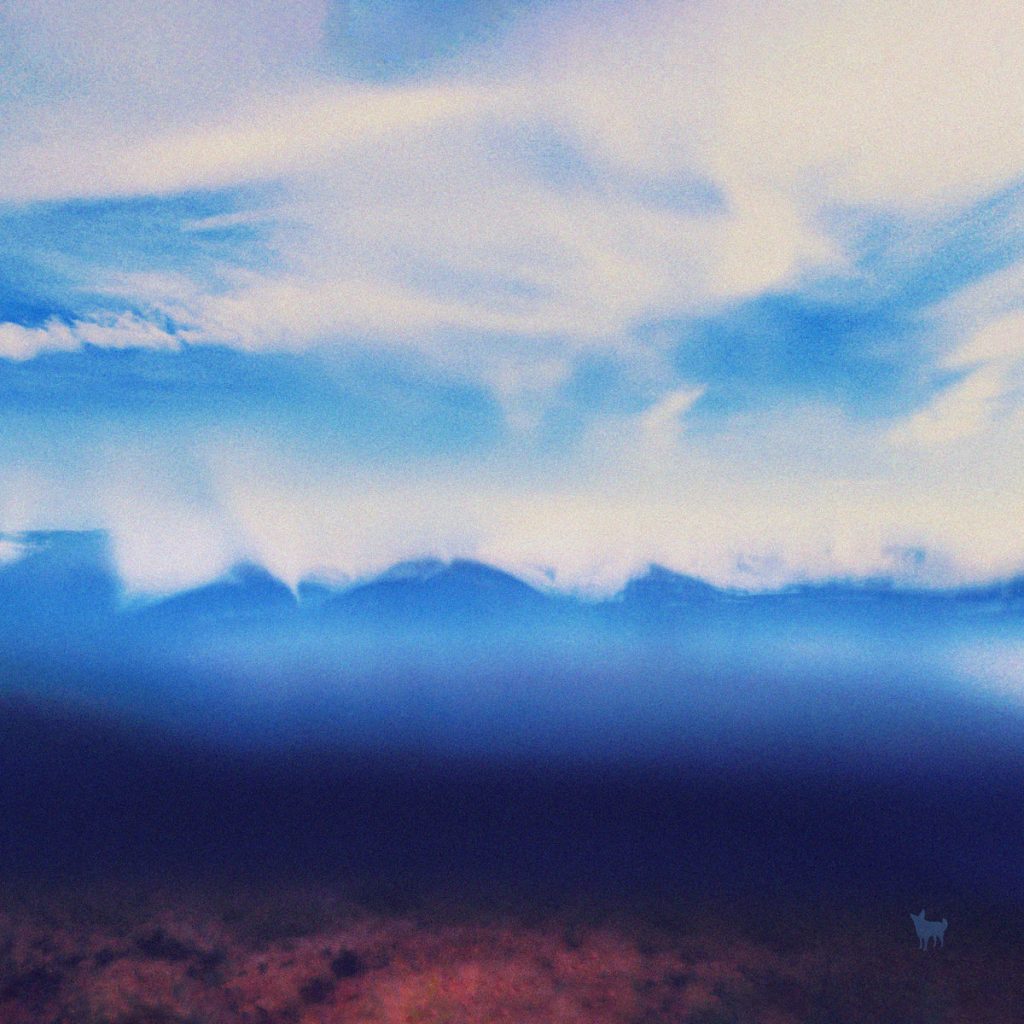
An album indistinguishable from the nature it is set in, Sturgeon’s expertise ensures a multi-layered, emotional linchpin of folk Now even deeper into the cold of Winter, we come to ponder Jenny Sturgeon’s latest work “The Living Mountain” originally released on 16 October 2020. Sturgeon’s first album “From the Skein” was an enjoyable and accomplished […]
Lizabett Russo- “While I Sit and Watch This Tree” (album review)
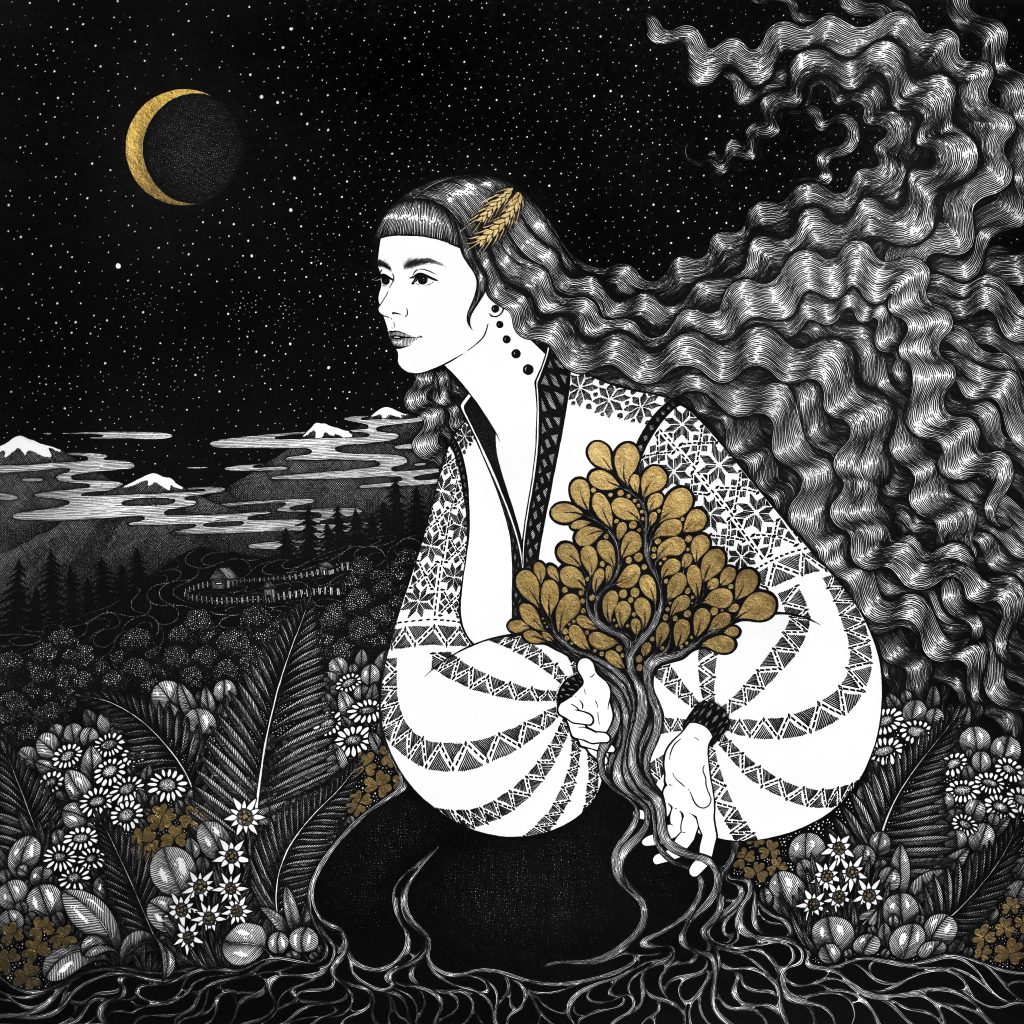
Russo’s album is a brighter, more focused affair that lets the positive rays of growth bring more optimism to her delightfully individual music. To Be Released: Late November 2020 Gathering her ideas from the characterful stream of her mind and hewing a sound from the knotty avant-garde folk tree, Lizabett Russo continues a work very […]
Kirsty Merryn – Our Bright Night (review)
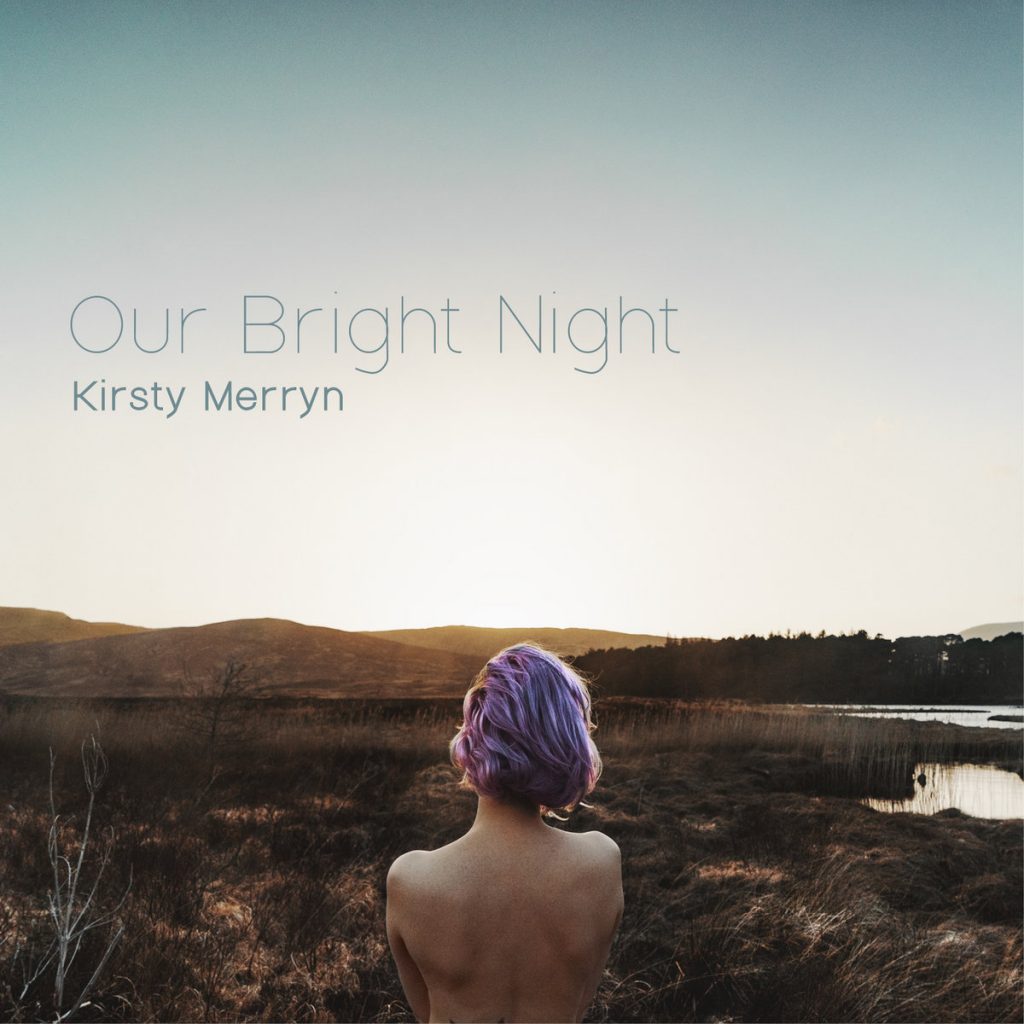
Released 24/04/20 Singularly beautiful, contemplative and dark. Merryn’s second album is a creeping jaguar in the rainforest of folk. When you think of 90’s films with pianos.. What comes to mind? Is it “King Ralph” (1991) with John Goodman playing “Good Golly Miss Molly” in formal attire and bragging about his Rolling Stone Collection, or […]
Luke Daniels: Old Friends and Exhausted Enemies (A Review)
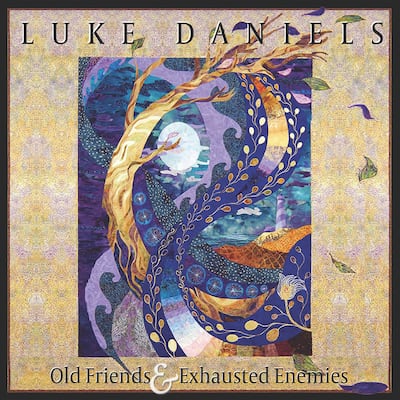
Release Date: Friday 4th Oct 2019 (Wren label) Rather belated we begin to turn the page on the new year (and into February!) with our review of Luke Daniels’ fourth solo offering “Old Friends & Exhausted Enemies”. Having been in partnership with the School of Philosophy at Edinburgh University and attended Celtic Connections to perform […]
Peter Knight’s Gigspanner “The Wife of Urban Law” Review

“An album that greets old friends with a warm handshake which has arrived with a zest for life and a sense of adventure” Picking up Peter Knight’s Gigspanner’s “The Wife of Urban Law” you might think that the soul of this disc is wrapped up warm in a coat of high reputation. Like a […]
Steamchicken Tour Begins at the Guildhall Theatre 23rd February 2018
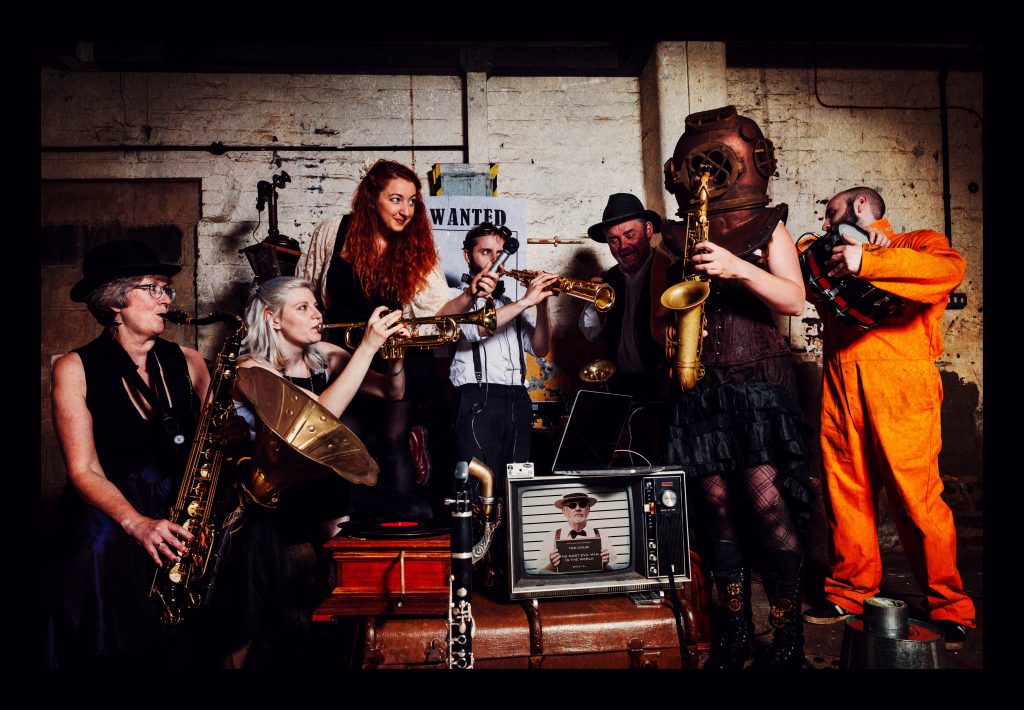
“Strong of purpose, unbridled in energy… Steamchicken’s sound is a surprise to many, but a disappointment to none” There are plenty of good reasons to hide away. It could be the dark, a moment of reflection, or even (at the time of the his writing) to get away from scary snow beasts clawing at your […]
The Twisted Twenty (Debut Album) Review
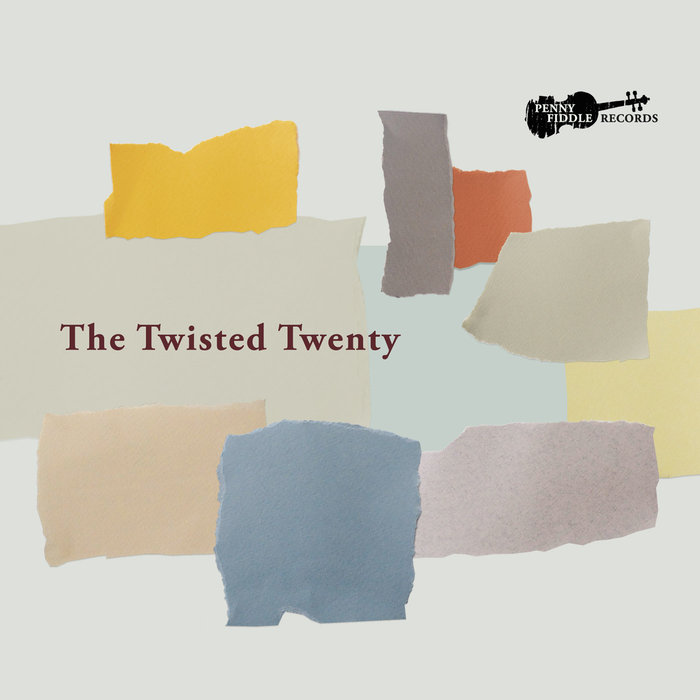
THE TWISTED TWENTY From: Penny Fiddle Records Tracks: 8 With: Holly Harman (baroque violin, vocals), Alexis Bennett (baroque violin, guitar, bodhran, electronics), James O’Toole, David Rabinovici (baroque violin), Ewan Macdonald (Cittern), Lucia Capellaro (baroque cello), Carina Cosgrave (baroque double bass Producer: Sam Proctor Zesty yet focused, the Twisted Twenty’s Debut is a fantastic window […]